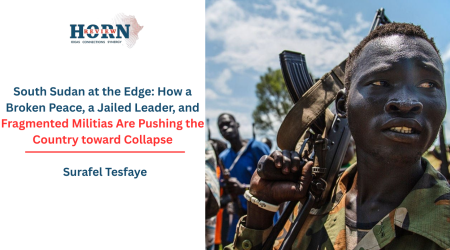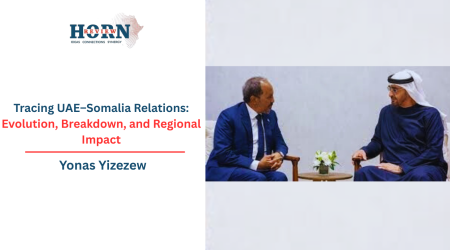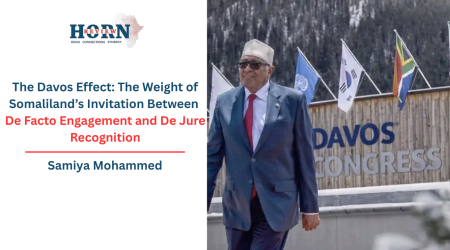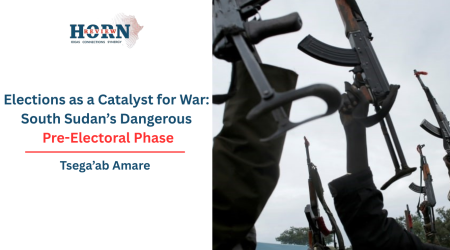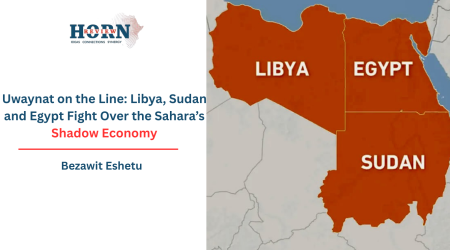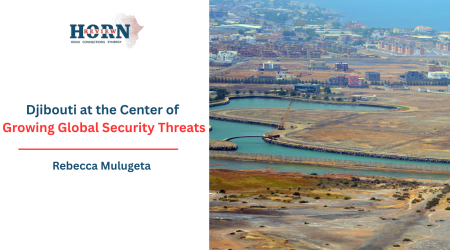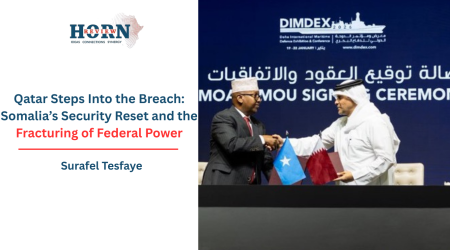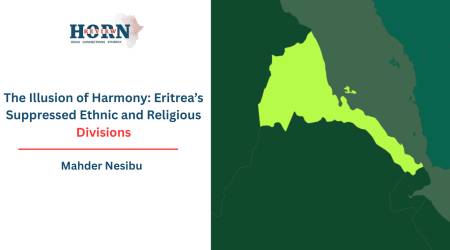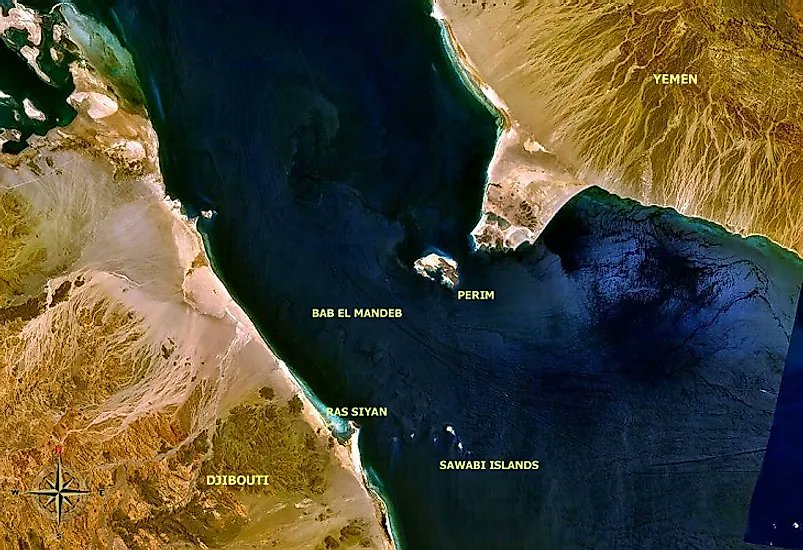
18
Feb
Storm Over the Horn: Power Struggles, Law, and the Battle for Maritime Control
The Horn of Africa is at the center of a high-stakes power struggle, where international law collides with political ambition in a fight for control over one of the world’s most strategic waterways—the Bab el-Mandeb Strait. This vital maritime passage links global trade routes, but rising tensions and territorial disputes have turned it into a battleground for regional and global powers.
While the United Nations Convention on the Law of the Sea (UNCLOS) is supposed to regulate maritime claims, its impact remains limited. Countries selectively enforce legal provisions that align with their national interests, using maritime disputes as a tool for economic gain and political posturing. Without a global enforcement mechanism, rulings depend more on political will than legal authority, making international law a weapon rather than a neutral arbitrator.
Foreign powers such as the U.S., China, and Gulf states have deepened the crisis, using legal loopholes to justify military and economic interventions. The U.S. defends its naval presence under “freedom of navigation” principles, while China leverages legal frameworks to expand its Belt and Road Initiative. Instead of reducing conflicts, international law has become a tool of power politics, fueling instability rather than resolving disputes.
For the nations within the Horn of Africa, the challenge is even greater. Lacking the military strength to enforce their claims, they strategically interpret international law to gain leverage. This selective approach fuels tensions rather than diffusing them, as legal norms become just another battleground in the region’s long history of conflict.
Despite its shortcomings, international law remains a crucial foundation for stability—offering a shared language for negotiations and a path to peaceful resolutions. However, its effectiveness hinges on whether major players choose diplomacy over dominance. Without real commitment to fair legal principles, the region risks plunging deeper into chaos, with the Bab el-Mandeb Strait becoming a flashpoint for future conflicts rather than a gateway for global trade.
As the struggle for maritime control intensifies, the Horn of Africa stands at a crossroads. Will international law serve as a tool for peace, or will it continue to be manipulated in a game of power and influence? The answer may determine not just the region’s future but the security of one of the world’s most crucial shipping lanes.


